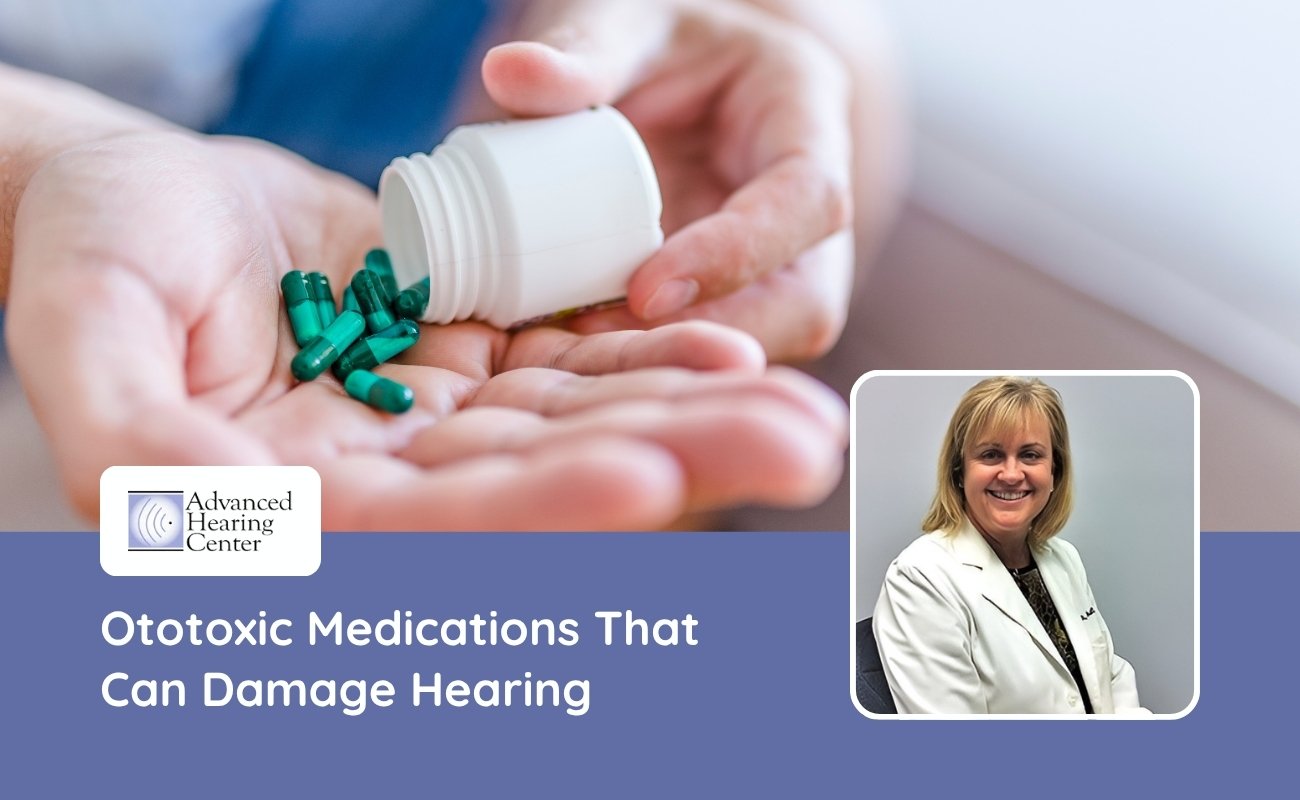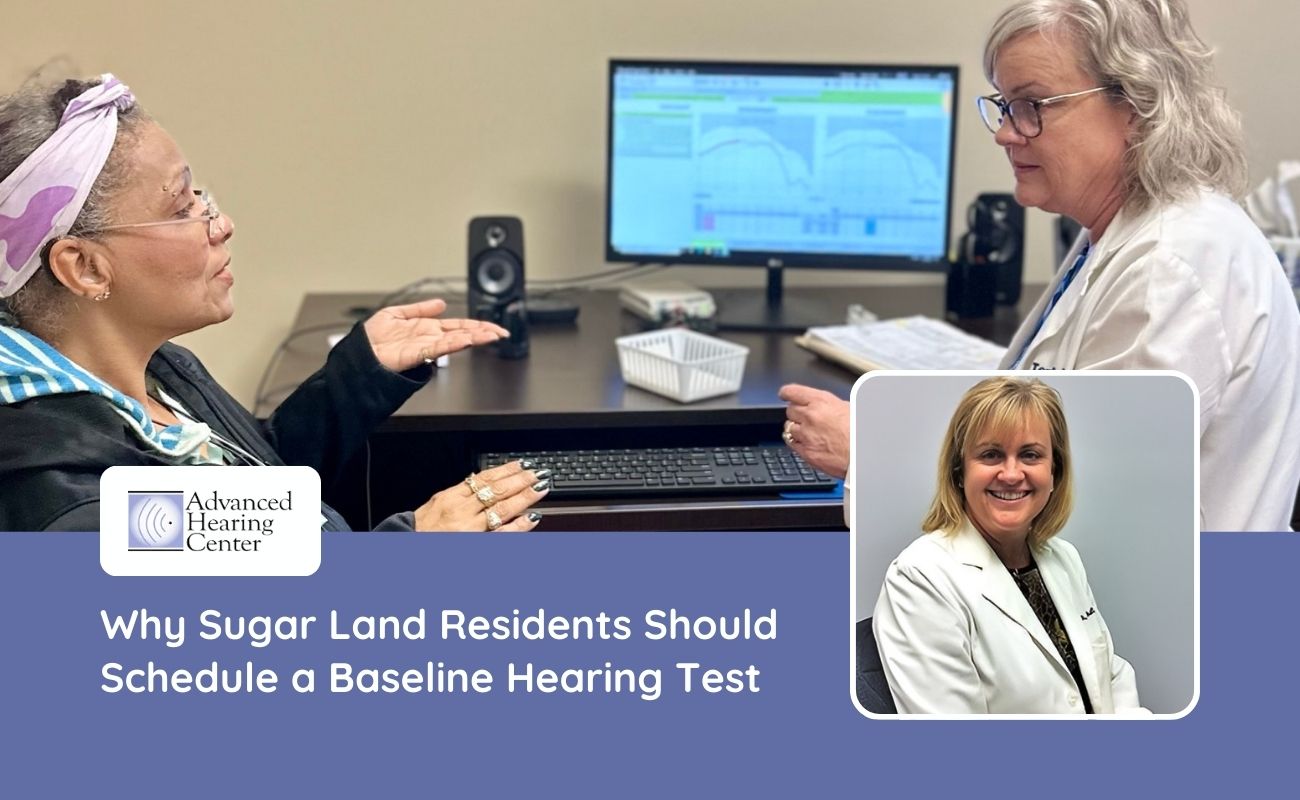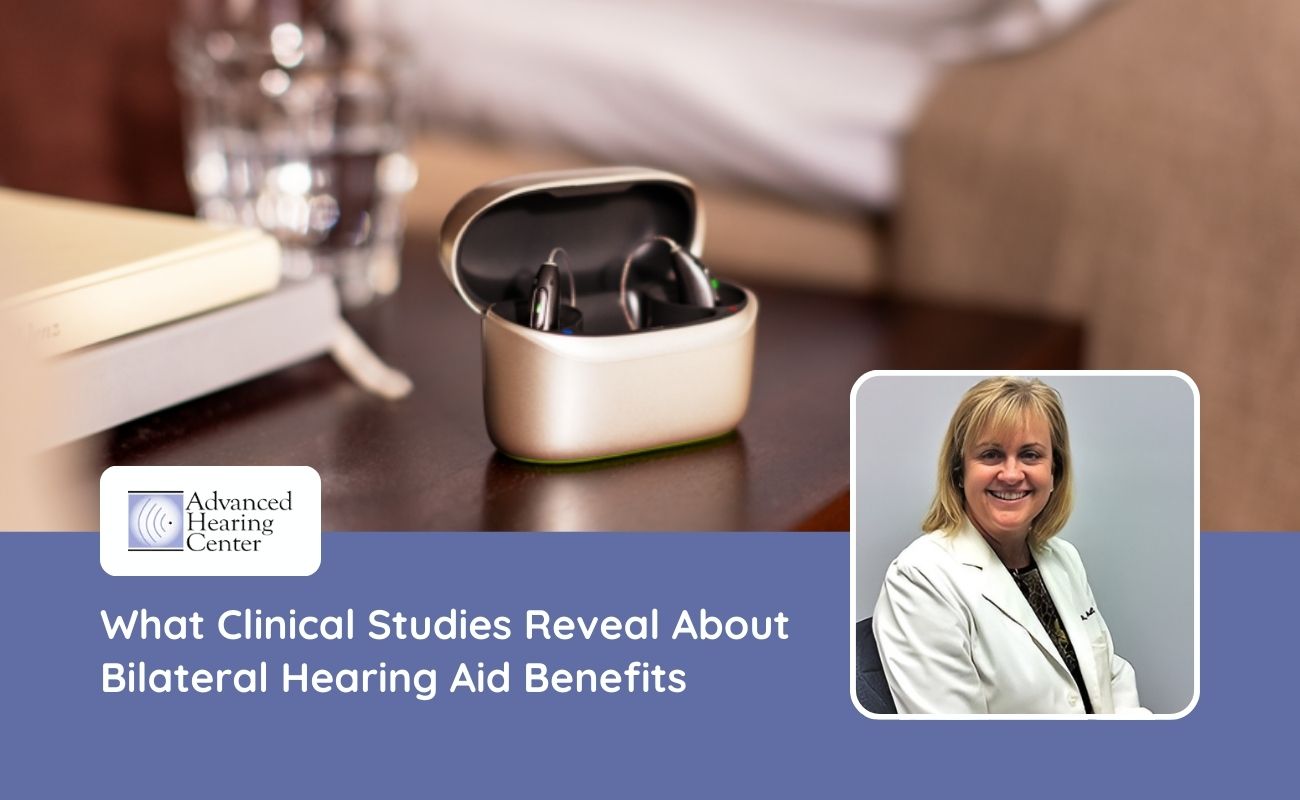
Most people know that loud concerts or power tools can damage hearing, but many don't realize their prescription medications might pose the same risk. Ototoxic medications hearing loss affects thousands of patients annually, sometimes causing permanent damage that could have been caught early with the right monitoring.
At Advanced Hearing Center, we partner with Houston's medical community to identify and track patients who might develop drug-induced hearing problems. This collaborative approach has shown us just how common medication-related hearing issues really are—and how often they go unnoticed.
When medications damage the inner ear structures that handle hearing and balance, doctors call it ototoxicity. Think of your inner ear as containing thousands of tiny hair cells that pick up sound vibrations and send signals to your brain. Certain drugs can poison these cells, causing them to malfunction or die completely.
Some medications cause temporary problems that resolve after stopping the drug. Others create permanent damage that gets worse over time. The tricky part is that symptoms don't always show up right away—you might not notice hearing changes until weeks after starting a new medication.
Some of the most powerful antibiotics come with serious hearing risks. Aminoglycosides like gentamicin and streptomycin are usually given through IV in hospitals for severe infections. The longer you take them and the higher the dose, the greater your risk becomes.
Vancomycin is another antibiotic that can damage hearing, especially when blood levels get too high. When doctors combine these antibiotics with certain water pills (diuretics), the risk jumps even higher.
Chemotherapy medications frequently cause hearing problems. Cisplatin and carboplatin are two of the worst offenders—research shows that up to 80% of patients getting high doses experience some hearing loss.
These drugs usually attack the highest frequencies first. Since we don't use those frequencies much for normal conversation, you might not realize anything's wrong until the damage spreads to frequencies you actually need.
Taking large amounts of aspirin can make your ears ring and muffle your hearing. This usually goes away when you stop taking the medication, but chronic high-dose use might cause lasting problems. Other pain relievers like ibuprofen and naproxen can also affect hearing, particularly with long-term use.
Diuretics like furosemide help remove excess fluid from your body, but they can also damage your hearing and balance. These medications are commonly prescribed for heart problems and high blood pressure. The good news is that the effects are often reversible if caught quickly.
Antimalarial drugs like quinine can trigger tinnitus and hearing loss. Some antidepressants have been linked to hearing changes. Even certain ear drops containing neomycin can cause problems if they get through a perforated eardrum.
Age makes a difference—older adults seem more vulnerable to ototoxic medications hearing loss. Kidney problems significantly increase your risk since many of these drugs leave your body through your kidneys. When your kidneys aren't working well, medications can build up to dangerous levels.
Previous hearing loss, noise exposure, or family history of hearing problems can make you more susceptible. Being dehydrated, running a fever, or taking multiple risky medications at once also raises your chances of developing problems.
Scientists are learning more about how ototoxic medications hearing loss actually happens. These drugs can kill hair cells through several different pathways—they might create harmful chemicals called free radicals, trigger inflammation, or directly poison the cells.
New research suggests that genetics play a bigger role than we previously thought. Some people carry gene variants that make them much more likely to develop hearing problems from certain medications. This discovery is leading to more personalized approaches to preventing drug-induced hearing loss.
The timing and pattern of damage varies dramatically between different medications. Some cause immediate hearing loss that stops progressing quickly, while others lead to gradual deterioration that continues even after you stop taking the drug.
Catching ototoxic medications hearing loss early sometimes allows doctors to prevent permanent damage. We work with physicians throughout Houston to set up monitoring schedules for patients taking risky medications.
Getting a baseline hearing test before starting treatment gives us something to compare future tests against. Follow-up testing during treatment can spot early changes, giving your medical team a chance to adjust doses or switch medications when possible.
Regular hearing tests become especially important for extended treatments like chemotherapy. We might need to check your hearing every few weeks to stay ahead of any developing problems.
Our collaboration with Houston's major medical centers has revolutionized how we approach ototoxic medication monitoring. We've established relationships with oncology departments, ICUs, and specialty clinics to provide timely hearing evaluations for high-risk patients.
This teamwork has revealed that many cases of drug-induced hearing loss are preventable with proper monitoring. When medical teams communicate well about hearing risks and schedule regular audiological check-ups, patients keep more of their hearing.
If you're taking medications that can affect hearing, stay alert for early warning signs. Tinnitus—ringing, buzzing, or humming sounds in your ears—often appears first. This might start mild but can become more noticeable over time.
Hearing changes can be subtle at first. You might find yourself asking people to repeat themselves more often, or notice that background noise seems more bothersome than usual. High-pitched sounds like smoke detectors or phone ringtones might become harder to hear.
Balance problems can signal damage to your inner ear's vestibular system. Dizziness, feeling unsteady on your feet, or sudden spinning sensations should be reported to your doctor right away.
While some ototoxic medications are necessary for treating serious conditions, you can take steps to minimize your risk. Staying well-hydrated helps your kidneys process drugs more effectively, reducing the amount that reaches your inner ear.
Your doctor might be able to choose alternative medications with lower hearing risks, adjust doses, or modify how often you take certain drugs. Open communication about your concerns can lead to safer treatment approaches.
Avoid additional hearing risks during treatment. Stay away from loud environments when possible, and be cautious about adding over-the-counter medications that might increase your overall risk.
As audiologists, we provide specialized testing that can detect early changes before they become noticeable to patients. Our comprehensive evaluations include standard hearing tests plus extended high-frequency testing that can catch damage in its earliest stages.
Patient education forms a big part of what we do. We help you understand your personal risk factors, recognize warning symptoms, and know when to seek immediate help. This knowledge empowers you to take an active role in protecting your hearing.
For patients who do develop hearing loss from medications, we offer complete rehabilitation services. This might include hearing aid fittings, assistive listening devices, and counseling to help you adapt to hearing changes.
Sometimes you need medications that carry hearing risks because the alternative is worse. In these situations, close monitoring becomes even more critical. We work with your medical team to create testing schedules that catch problems early without interfering with your treatment.
For patients undergoing extended treatments like chemotherapy, we often recommend more frequent hearing checks. This allows us to track changes over time and provide timely intervention when needed.
Researchers are working on protective medications that could be given alongside ototoxic drugs to shield your inner ear from damage. Some studies have shown promise with antioxidants and other compounds that might prevent hair cell death.
Gene therapy approaches are also being explored, potentially offering ways to repair damaged hair cells or keep them alive despite toxic exposures. While these treatments remain experimental, they offer hope for future patients facing ototoxic medication exposure.
If you need treatment with potentially ototoxic medications, advocate for your hearing health. Ask your doctor about hearing risks and request baseline testing when appropriate. Keep track of any hearing or balance changes during treatment, and report new symptoms promptly.
Don't assume hearing changes are just part of getting older or being sick—they might be medication-related and possibly preventable with the right interventions.
At Advanced Hearing Center in Sugar Land, we understand how medications can impact your hearing health. Our audiologists Dr. Terry Davis Snook and Amy Woodall work directly with Houston area medical teams to provide comprehensive monitoring services for patients at risk.
Whether you're about to start treatment with ototoxic medications or you're currently taking drugs that worry you, contact us at (281) 491-0200 to schedule a baseline hearing evaluation. Early detection and proactive monitoring can make all the difference in preserving your hearing. Our team stands ready to collaborate with your medical providers and develop a personalized monitoring plan that protects your hearing while you focus on getting well.

Establishing a hearing baseline in 2026 is crucial for Sugar Land residents, as new research links hearing health to cognitive function and dementia prevention.

Clinical research shows bilateral hearing aids provide 20-30% better speech recognition, improved sound localization, reduced listening effort, and prevent auditory deprivation in unaided ears.

Stem cell research aims to regenerate auditory hair cells and nerves for hearing restoration, with human trials beginning in 2025 though practical treatments remain years away.